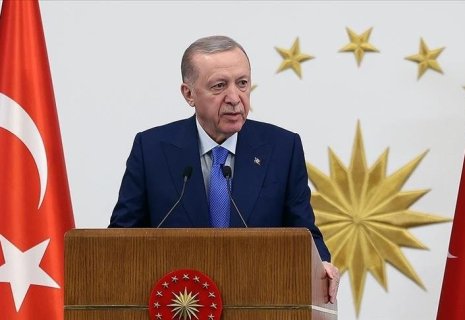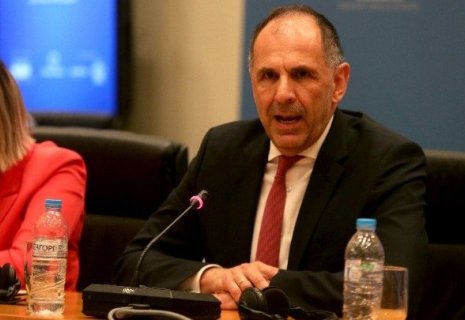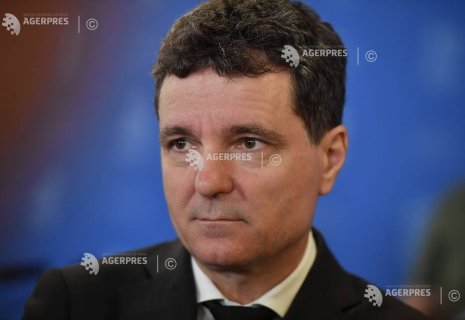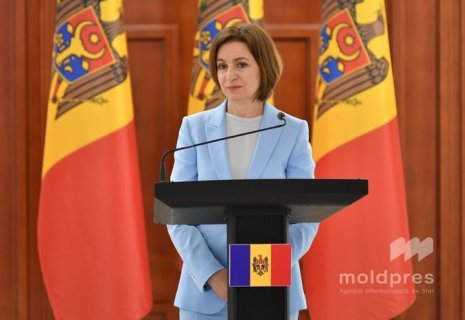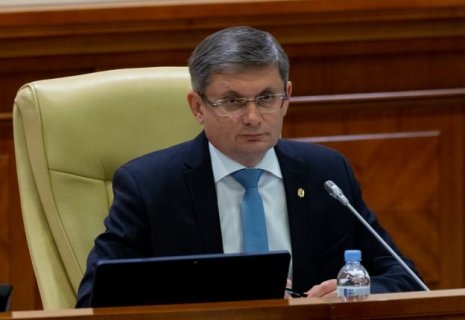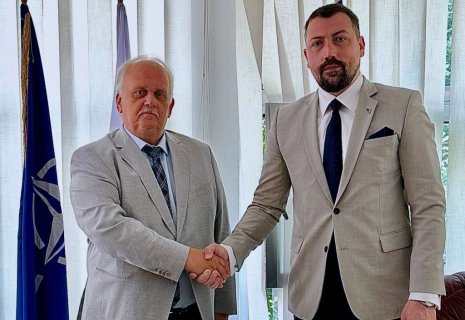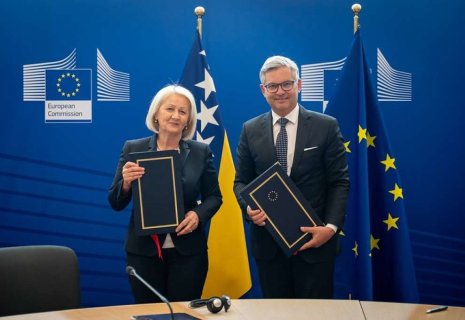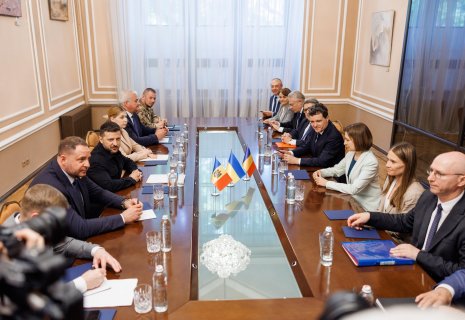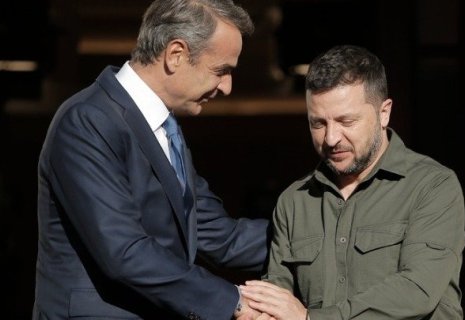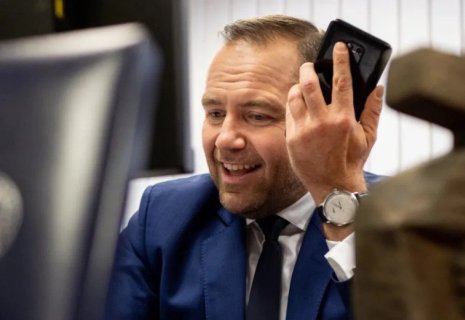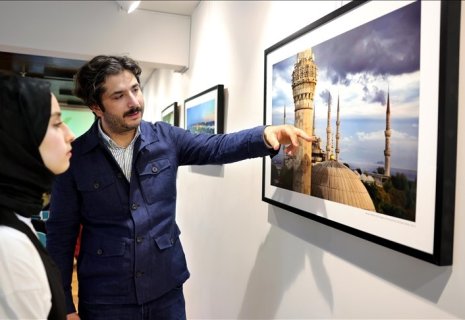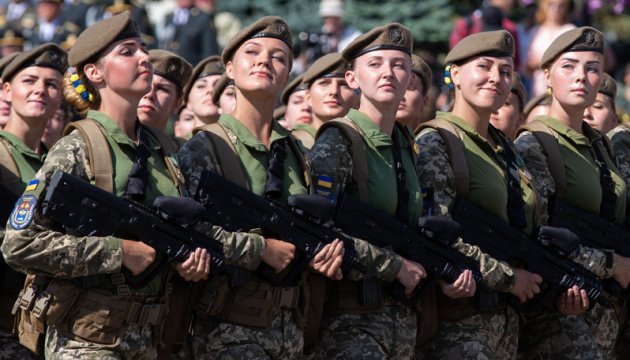
Estonia looks to Ukraine for lessons on women in military
Estonia and other countries should pay attention to Ukraine's experience in recruiting women into the armed forces.
This was stated by Christian Veske, Estonia's Gender Equality Commissioner, CE Report quotes Ukrinform.
During his stay in Kyiv, he noted that support for people on the front lines was the topic of his conversations with Ukrainian officials during his previous visit in December.
“Ukraine is a country that we should also pay attention to and learn from. It has something to teach other countries, because we in Estonia are also beginning to discuss the role of women in the armed forces. Their number, for example, has increased slightly, although it is still very small,” Veske said.
The commissioner said that there are 300 women in the Estonian Armed Forces, which is about 8% of the personnel, and the challenges they may face relate to overcoming negative stereotypes or difficulties in advancing through the military hierarchy.
“If, for example, they fail at something in the army, it is often attributed to the fact that they are women. Men never face this,” Veske noted as an example.
Christian Veske, referring to his country's experience, also believes that society must realize that the struggle for equal rights is in its interests and promotes unity.
According to Veske, gender-based violence is an example of the need for such a struggle.
“For a long time, this was not regulated in Estonia, but society must realize that equality is a necessity, that hitting your wife is not a family matter, but a social problem,” he said.
Veske emphasized that the state's fight for equal rights must be carried out for the sake of the citizens themselves. He is convinced that ensuring the rights of LGBT people is also necessary for society itself, because it will make it more cohesive.
“There are LGBT soldiers on the front lines, and one of them may be killed or wounded, and his partner has no legal rights. This needs to be addressed. People are giving their lives, and it would be important for them to know that the state supports them,” Veske explained.
The Gender Equality Commissioner said that in Estonia, which approved same-sex marriage in 2023 and has been a member of the European Union for a long time, there are still many challenges, and the path to this decision was not linear: “In terms of equality, we took one step forward and one step back, some things were controversial and polarized the country.”
As reported, as of 2025, more than 70,000 women serve in the Armed Forces of Ukraine.

